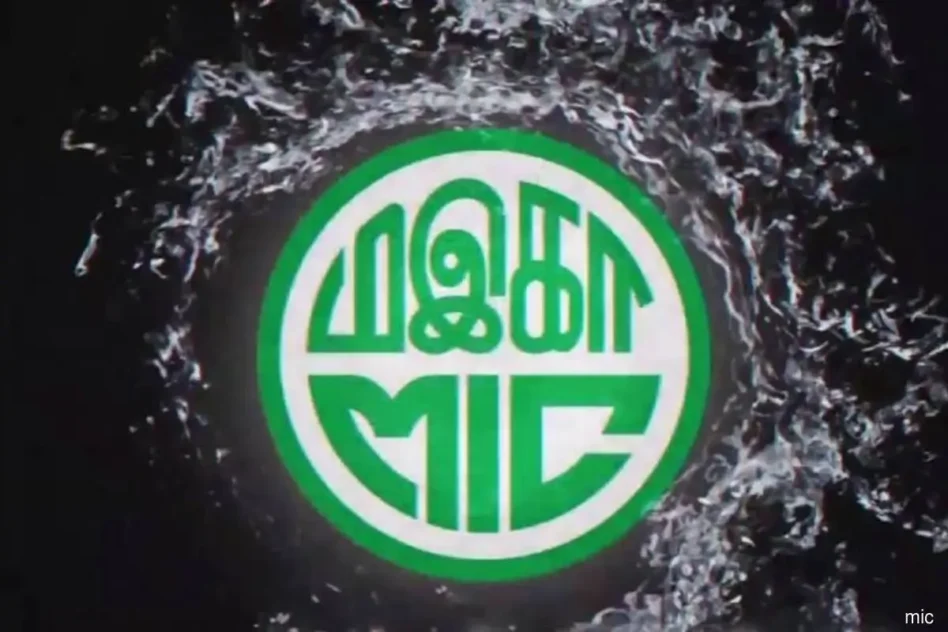WHILE the internet has made access to information easier than ever, it has also facilitated the rapid dissemination of fake news and misinformation, thus posing a significant threat to our understanding of reality and informed decision-making.
On good example is the latest brouhaha involving Blackpink Rosé and Bruno Mars’ song APT which was purportedly described by the Health Ministry (MOH) as “morally harmful” as it contained themes that harm young listeners and is contradictory to the values of Eastern culture.
However, MOH had since clarified that it had issued no statement and authorised no one to do so regarding the song, adding that information regarding the track referring to the Malaysian government is coming from an unrelated source and not from the ministry.
“This incident underscores the urgent need for careful media consumption and verification of sources,” MCA information deputy chief Mike Chong Yew Chuan stressed.
“Before accepting or sharing news, it is crucial to check multiple credible sources. Utilising fact-checking websites can help verify claims and ensure that our decisions are based on accurate information.”
According to Chong, this case also highlights the necessity for scepticism in the face of sensational news.
“We should approach sensational or emotionally charged headlines with caution. By considering the intent behind the message and its potential impact, we can avoid falling prey to misleading narratives,” he added.
Another instance is the recent circulation of a subscription tax on ChatGPT, a rumour that Communications Minister Fahmi Fadzil was quick to shut down.
On Oct 31, Bernama reported Fahmi as saying that the government has never discussed any proposals to introduce a subscription tax on ChatGPT and neither was this part of Budget 2025 which was recently presented by Prime Minister Datuk Seri Anwar Ibrahim.
“Fake news extends beyond individual stories; it influences both cultural and political landscapes. The rise of viral misinformation can obscure important narratives and hinder our ability to stay informed,” Chong, who is also MCA Youth deputy chairman remarked.
“When sensational claims dominate social media, they can drown out genuine news that affects our communities and country, such as critical health advisories or updates on local government policies.
“Imagine an extreme scenario: while MOH is being criticised for their supposed stance against an artist, crucial information about a healthcare crisis, such as a sudden shortage of essential medications, could be overlooked.
“This could have serious consequences, putting lives at risk and diverting attention from urgent public health needs.”
Furthermore, fake news can lead to scams that exploit individuals’ trust, with fraudsters often using misinformation to create fake opportunities or solicit sensitive information, thus putting personal and financial security at risk.
“This can build an environment where scams thrive, ultimately harming vulnerable individuals and eroding trust in legitimate information,” Chong disclosed.
“It’s important to verify the credibility of your sources, consult official statements, and think critically before sharing information. Knowledge is power, and we must not let misinformation and fake news mislead us.” – Nov 1, 2024









